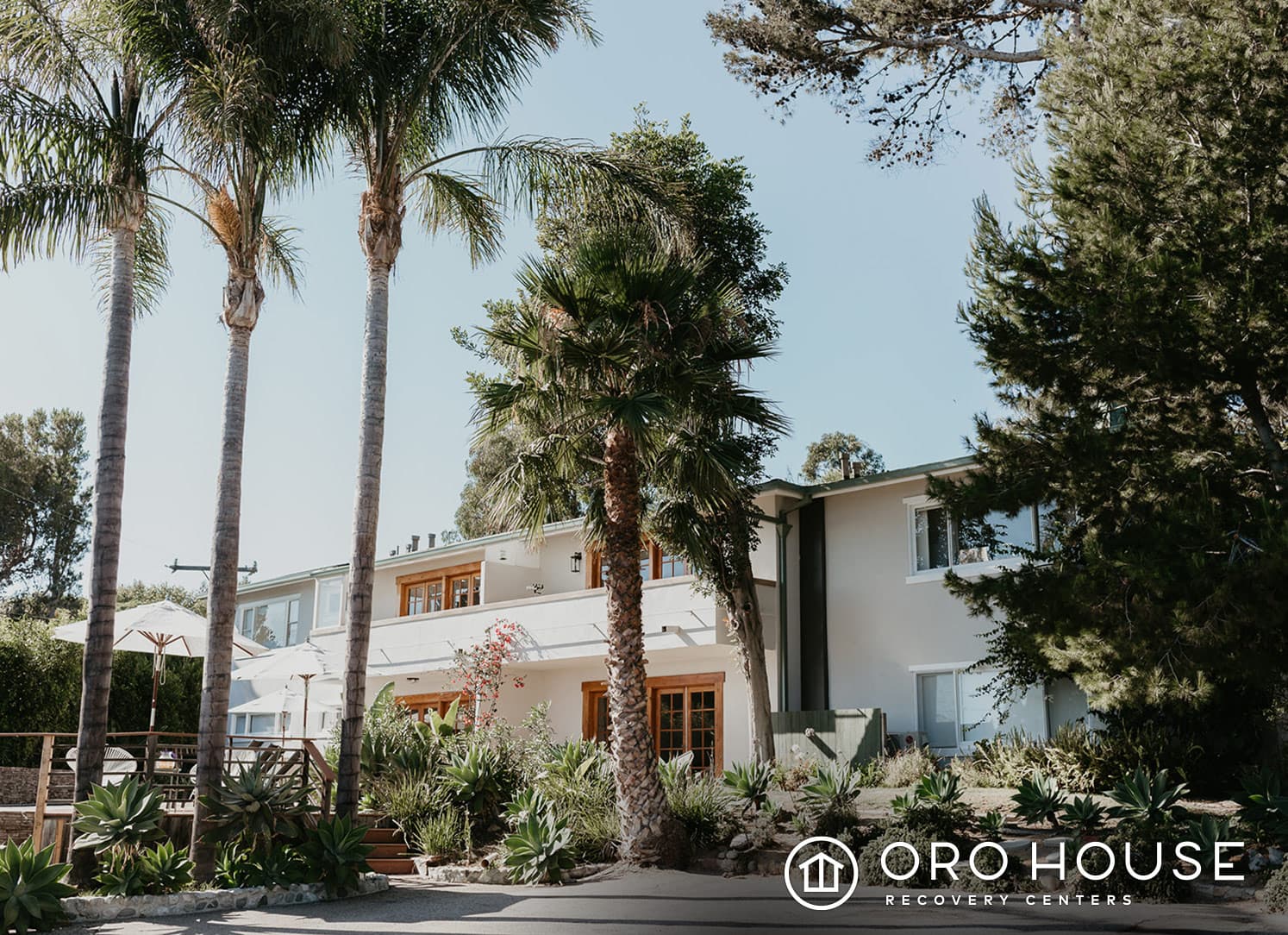Dialectical Behavior Therapy (DBT) is a form of cognitive behavioral treatment that was first developed by Marsha Linehan, PhD, ABPP, at the University of Washington.
DBT helps people learn new skills and use strategies to develop a worthwhile and fulfilling life. This is accomplished through group skills training classes and individual psychotherapy sessions.
Dialectical Behavior Therapy is an evidence-based therapy that was originally developed for treating suicidal behaviors and Borderline Personality Disorder (BPD) but it has shown much success in the treatment of other personality disorders and mental health conditions.
It is also an effective approach for drug and alcohol substance addiction recovery.
DBT is similar to other cognitive therapies with the main focus on changing negative behavioral patterns.

Find Out More Information about Dialectical Behavior Therapy
DBT Therapy Modules
Mindfulness
DBT Therapy helps individuals learn Mindfulness techniques to remain in the present time instead of worrying about the past or future. This helps people remain calm and focused without reverting to negative thoughts or behaviors.
- Teflon Mind – Let thoughts slide by
- Wise Mind – Balance thoughts and feelings
- Non-Judgmental – Just the facts
- Effectively – Choose effective over right
- What am I feeling? – Observe and describe your feelings and participate allowing experience
- One Mindful – Stay focused on the task at hand
Emotional Regulation
Emotional Regulation allows a person to effectively overcome negative emotions or feelings and have a positive control over bad experiences.
- Moment to Pause – Reflect before acting to “buy time”
- ABC – Accumulate positives, Build mastery, Cope ahead
- PLEASE – Treat Physical illness, Eating, Avoid drugs, Sleep, Exercise
- Changing Emotional Responses – Check the facts, opposite action (to the emotion), problem solve
Interpersonal Effectiveness
Interpersonal Effectiveness techniques help an individual learn how to listen to others and communicate more effectively when in relationships or dealing with difficult people.
- DEAR MAN – Describe, Express, Assert, Reinforce
- GIVE – Gentle, Interested, Validate, Easy Going
- FAST – Fair, less Apologies, Stick to values, Truth
- Intensity of Request – Appropriate to situation
Distress Tolerance
Distress Tolerance teaches a person how to accept themself as well as handling difficult situations and emotions.
- Pros and Cons – Weigh advantages and disadvantages
- Distract – Self Soothe and Improve the Moment
- Radical Acceptance – Reality as it is
- Turning the Mind – Shift focus with willingness
- TIP your body chemistry – Temperature (iced water on your face), Intensely exercise, Progressively relax your muscles and Pace breathing
Dialectical Behavior Therapy is one of many treatment modalities we have found helpful at Oro House.
What Conditions Respond Well to Dialectical Behavior Therapy?
Even though Dialectical Behavior Therapy was originally intended as a treatment method for suicidal tendencies and borderline personality disorder, it has since shown to be a successful approach for many types of mental health issues.
DBT Therapy is used to treat some of the following:
- Borderline personality disorder (BPD)
- Suicidal Behavior
- Bipolar Disorder
- Anxiety Disorders
- Depression
- Self-Harm or Self-Injury
- Post-Traumatic Stress Disorder (PTSD)
- Obsessive-Compulsive Disorder (OCD)
- Substance Use Disorders and Addiction
- Eating Disorders
- Attention-Deficit Hyperactivity Disorder (ADHD)
Dialectical Behavior Therapy techniques are learned in individual and group settings and can be used long after people complete a residential or outpatient program to stay on track.
Oro House uses DBT Therapy in conjunction with many other treatment modalities for treating addiction and mental health conditions.
Our comprehensive program is custom tailored to fit each person’s needs for a successful and life-long recovery.
Newsweek and Statista recognized our luxury treatment facility as one of the Best Addiction Treatment Centers in California and the United States in 2020, 2021, 2022, 2023, 2024, and 2025.
We are licensed by the California Department of Healthcare Services (DHCS), and Joint Commission Accredited, which is the Gold Standard of patient care in the addiction treatment industry.